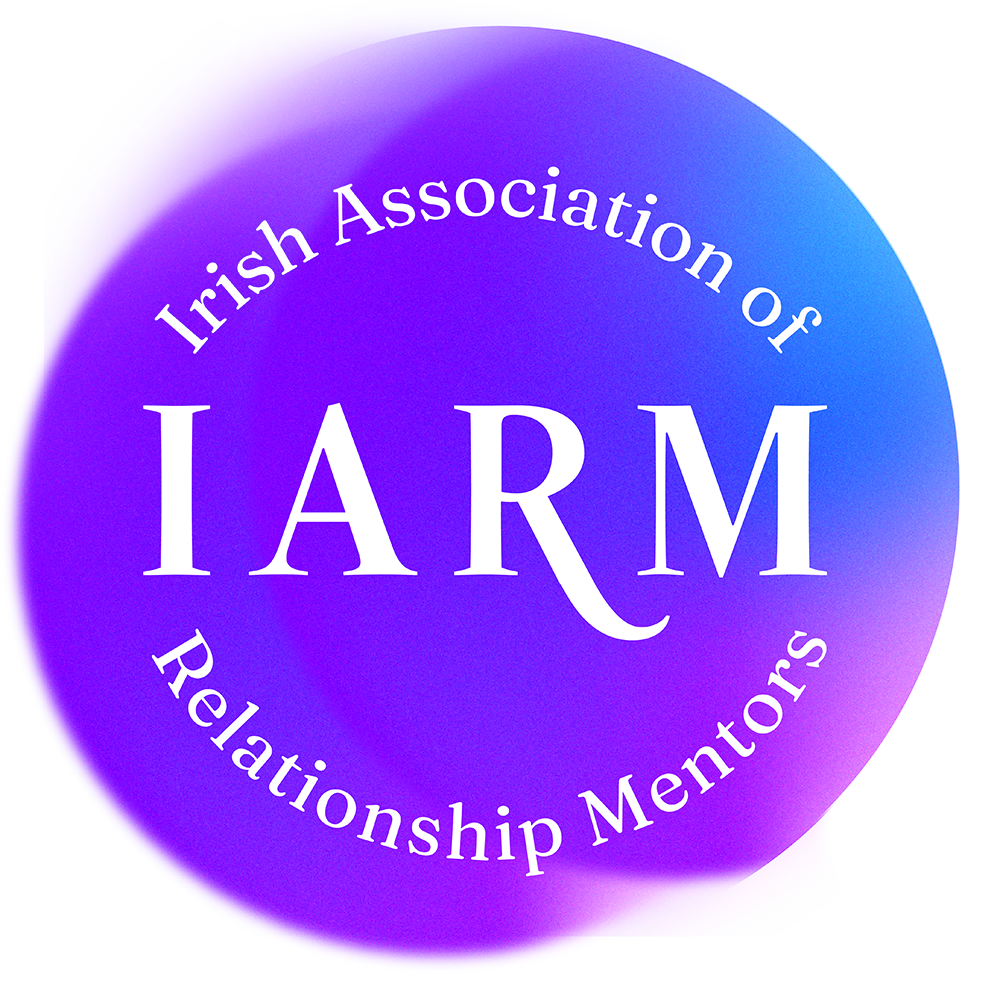Continuous Personal reflection
In some other professional associations, much emphasis is placed on what is known as Continuing Professional Development; this referring to engagement in such activities as participation in lectures, workshops, courses, reading, studying, keeping up with new developments and research in the field.
While these kinds of activity by the Mentors are encouraged and supported by IARM, they are not considered to be essential to ethical and professional co-creational relationship mentoring practice. They may prove to be a useful stimulus to the CPR that is essential, but only if they are engaged in from an “inside-out” stance and the experience is processed through the co-creational relationship mentoring approach. If the Mentors “have found what they’re looking for” in the co-creational relationship mentoring approach, then it makes sense that the professional development opportunities they seek out will be those that deepen their understanding of the approach and that facilitate them in living authentically from the approach.
Since Continuing Personal Reflection is central to the Relationship Mentoring approach, Mentors are expected, throughout their practice, to undergo Continuing Personal Reflection in relationship with another such as an experienced Mentor or Share Vision Practitioner.
It is crucial that Relationship Mentors engage in Continuing Personal Reflection, with another who is in a position to provide the necessary safe holding for such reflection.
A Client’s willingness to enter into relationship with the Mentor is held to be a sacred trust; the only way of upholding this trust is that the Mentor holds the sacredness of her or his own presence. Continuing Personal Reflection is necessary so that Mentors may deepen their conscious awareness of their own relationship with self and of how they are relating with others – this being the central challenge of the co-creational approach.
Mentors continually reflect so that they may be able to answer the query of whether it is their Screen or Real self which is present in any particular interaction. The Mentor cannot be present to the Client in the way that is called for in the Relationship Mentoring Approach if there is only a Shadow/Screen self present.
Self-Reflection is not about judging, criticising, analysing, evaluating oneself constantly. Rather self-reflection involves a loving, open, kind query – “how am I doing here?; what’s my lived experience?” This is a deeper, more profound – and accordingly more challenging – approach than simply following rules; this is ethical mentoring from the inside out rather than from the outside in.
- Listening in to oneself
- Paying heed to one’s felt experience
- Owning what arises in one as coming from oneself, being about oneself, and for oneself
- Attaching significance to what arises in one: it’s worth one’s attention and responsiveness
- Acknowledgement of and appreciation of individuality and difference
- Staying in one’s own space and holding oneself in that space
- Staying separate from another’s behaviour
- Noticing when protective strategies come into play
- Asking self: Who’s present? Is it my screen self or my real self?
- Asking self: What am I needing from others that I need to be doing for myself and not doing?
- Asking self: What am I taking responsibility for that properly belongs with others?
- Asking self: What assumptions might I be making about others’ motivations and actions?
- Asking self: What am I requiring that I may be keeping hidden?
Naturally, psycho-social safety is necessary if this self-reflection process can happen at all in the first place, and if it is to be meaningful and productive when it does happen; therefore, the same level of unconditional holding coupled with compassion is just as necessary for the Mentor as for the individuals seeking the Relationship Mentoring service.
